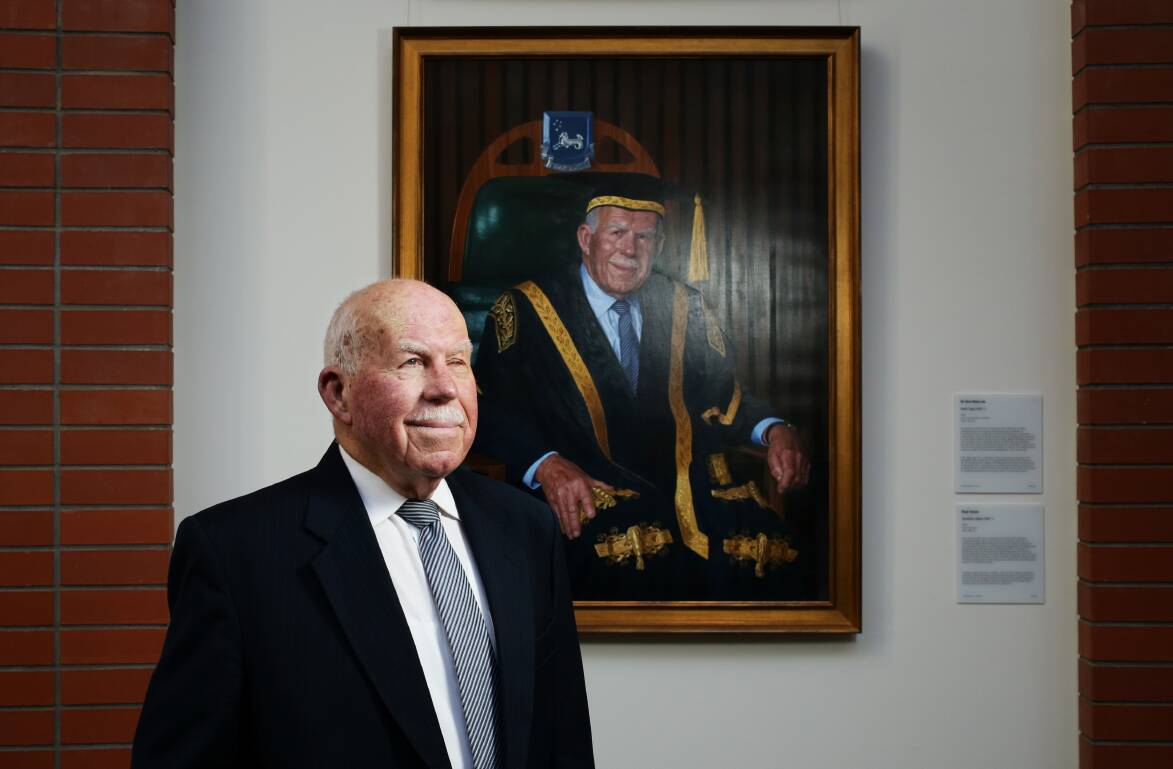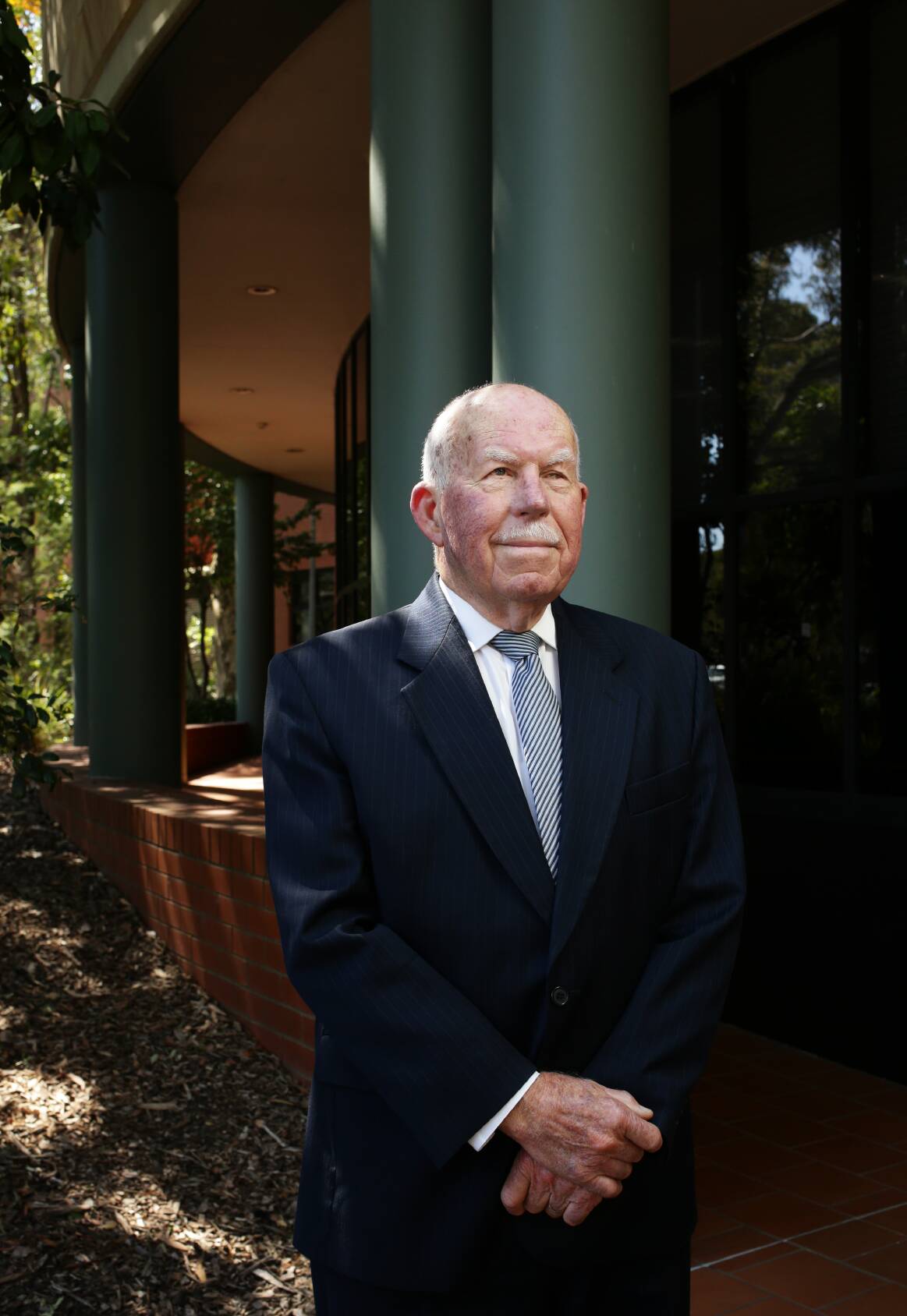
AFTER more than 10 years as Chancellor at the University of Newcastle, Paul Jeans is preparing to depart at the end of the year as he moves into retirement.
But before he leaves a legacy behind, Mr Jeans sat down with the Newcastle Herald to reflect on his precious time at the institute.
"This has been a wonderful honour. I've thoroughly enjoyed it," the 81 year-old said.
He was raised in Teralba on Lake Macquarie and carried out his education at Teralba Public Primary School and Newcastle Boys High.
"I was brought up and educated in Newcastle so the opportunity to take on this role having been from this area is very significant to me," he said.
After his schooling years he went into an engineering traineeship at BHP Newcastle and graduated from Mechanical Engineering at the Newcastle University College of UNSW (predecessor of UON) in 1964, the same year the institution became UON.
"Over the years I continued to come back to Newcastle to do a variety of jobs," he said.
He notched a 40-year career with BHP under his belt, which took him from starting in the steelworks in Newcastle, to building and managing Groote Eylandt's Manganese operations, establishing and growing BHP Engineering in the 1980s, managing BHP's Newcastle and Port Kembla Steelworks and later BHP's global iron ore businesses.
He tried to retire in 2000 but couldn't resist his drive to work, serving as a non-executive director at EnergyAustralia, Ausgrid and the Newcastle Port Corporation.
"I'm a failed retiree," he joked.
At the end of his stint with the Port corporation he was offered the role as Chancellor at the university.
"It's not something I went looking for, I was very flattered and honoured to be asked," he said.
He said despite previously being on the council of the University of Wollongong and the Warrant of Advanced Engineering, he was "certainly not an academic".
But he's done an impressive job governing the University of Newcastle and increasing student numbers in the past decade.
"We've graduated 60 per cent of all the graduates, the other 40 per cent in the 49 years before that, so a huge increase in numbers," he said.
He said Newcastle's strength is in equity and excellence, reflective in its focus on low socio-economic, first in family and Aboriginal and Torres Strait Islander students.
In the past 10 years, 17 per cent of graduates were from low socio-economic backgrounds, 47 per cent were the first in their family to obtain a degree, 59 per cent were women and two per cent were Indigenous or Torres Strait Islanders.
"The university has an amazing community. One indication of that is the philanthropic support we get. We've had 9,500 scholarships over the last year. We're about equity and enabling programs for those who've had an unfortunate start to life," Mr Jeans said.
He said he hopes he has lived and sustained the university's core values and is confident they will carry into the future under the responsibility of incoming chancellor Patricia Forsythe.

"They are fundamental not only to the university, but they're Novocastrian values, the idea of a fair go for all," he said.
His other achievements include strong commercial and industry collaboration, focus on research, student satisfaction, a sustainable future and on track for global expansion to the Asia Pacific.
Mr Jeans is the current chair of the Australian Genomic Cancer Medicine Centre (Omico) and is a Fellow of the Institution of Engineers Australia, the Australian Institute of Company Directors and the Royal Society of NSW, in recognition of his contribution to engineering and management.
"It's something I'm passionate about so I'll continue on with that and who knows maybe something else," he said.







